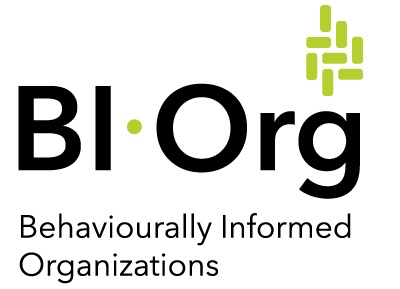Craig R. Fox
Harold Williams Professor of Management and Professor of Psychology and Medicine, UCLA
bio:
Craig Fox is Harold Williams Professor of Management and Professor of Psychology and Medicine at UCLA. He is also chair and co-founder of the Behavioral Decision Making Area at the UCLA Anderson School.
Dr. Fox’s research investigates behavior under risk, uncertainty, and ambiguity, using a combination of methods that include surveys, laboratory and field experiments, analysis of archival data, and brain imaging. He also applies insights from behavioral economics and social psychology to improve health and financial decisions.
Professor Fox has taught courses at the MBA, Executive, and Ph.D. levels on decision making, strategy, negotiation, and dynamic management. He has been at UCLA since 2003, and has also taught courses at Stanford, Northwestern, Duke, and Columbia universities.
Professor Fox is founding co-editor of the journal Behavioral Science & Policy and co-President of the Behavioral Science & Policy Association. He is also former President of the Society for Judgment and Decision Making. He is a Fellow of the American Psychological Society.
Website: www.fox-lab.org
3 questions:
What aspects of this research agenda are you most excited about?
I’m excited by all of the themes, and by interacting with the outstanding experts associated with the grant. My personal areas of greatest interest in research application are health and financial decision making.
Of all the work you have done, what project / paper is your personal favourite and why?
My favorite applied project is the work I’ve done with Jason Doctor, Daniella Meeker, Noah Goldstein and others using choice architecture to curtail inappropriate antibiotic prescriptions, which has been embraced by the Centers for Disease Control among others in the fight against superbugs.
My favorite current theoretical research projects involve the intuitive distinction people make between epistemic and aleatory dimensions of uncertainty, which has far reaching implications for judgment, decision making, as well as behaviors in the field from investment to political preferences.
Which is the one paper or book that you wish you had written (but have not)?
Impossible to choose only one!

